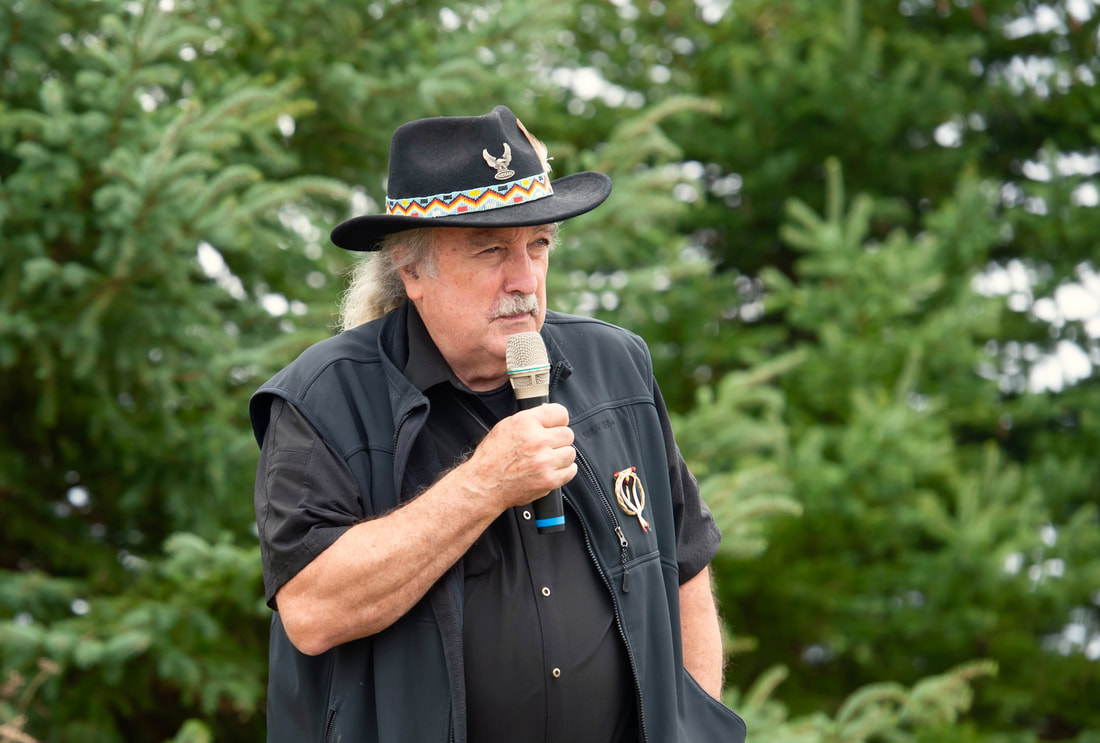 It was without intention, in 1976, when Plenty Canada first formed as the Plenty Relief Society to assist Mayan communities in Guatemala following a devastating earthquake, that it would eventually become an Indigenous organization. However, with the benefit of hindsight one can now more perceptively and clearly identify the elements that were taking form and the ideas that influenced and shaped the antecedents leading to what we are today. That we continue to work with our Mayan partners decades later is a testament to our commitment and loyalty to Indigenous peoples. From that early endeavour the organization went on to develop significant projects in Lesotho centered around potable water supply and community forestry, in Sri Lanka focused on soya protein nutrition and related entrepreneurial development, and in a few locations in the Caribbean, including the Kalinago Territory, previously known as the Carib Reserve of Dominica, on traditional craft artistry. That first engagement in Guatemala combined with our work in Dominica created a palpable resonance that increasingly turned our attention toward the histories, plights, and needs of Indigenous peoples. Things began to move ahead as an intellectual and conscious responsibility, however, when a brain trust began to coalesce at the organization in the early 1990s. Jose Barreiro, of Taino descent from Cuba, Sam Mercado, a Miskito leader from the Caribbean coast of northeastern Nicaragua, and Tim Johnson, Mohawk from Six Nations of the Grand River, through both serendipity and planning, all converged at Plenty Canada’s headquarters in Lanark around that time. Their presence engendered a wide range of discussions that examined the profound challenges that Indigenous peoples faced, not only abroad, but also within Canada. This caused our organization to pivot its focus rather efficiently, resulting in the development of a program called the Indigenous Network Conference: Indigenous Non-Government Organizations and Practitioners Involved in International Development, held November 29 and 30, and December 1, 1991. Although it seems like just yesterday, that was nearly 31 years ago. The conference included several significant thought leaders and professionals involved in Indigenous engagement activities within their communities and around the world. They included Kitigan Zibi Anishinaabek artist and scholar Simon Brascoupé, Ojibwe Elder Art Solomon, CIDA representative Ray Obomsawin, legal and policy specialist Lonny Bomberry, Joanne Barnaby from the Dene Cultural Institute, Joseph Garnet from the Carib Council of Dominica, Garifuna representative Walter Valerio from Belize, and many others. Underpinning much of the foundation of this work was Seneca scholar John Mohawk, one of the primary authors along with Oren Lyons and Jose Barreiro, of Basic Call to Consciousness: The Haudenosaunee Address to the Western World, a book that provided background information and historical perspective on the struggle for self-determination by Indigenous peoples that suggested a global course correction and the identification of new directions for Indigenous and non-Indigenous relations. It’s very important for our colleagues, partners, and donors to understand that Plenty Canada’s Indigenous emphasis is built upon a strong, and even prescient, intellectual foundation. For one has to remember that a great deal has transpired over these past three decades since our organization moved in earnest toward what we thought at the time was a truly necessary societal advancement. The Royal Commission on Aboriginal Peoples emerged concurrently in 1991. It called for major changes to the relations between Indigenous and non-Indigenous peoples, but the RCAP report, which provided guidance for Canada’s Indigenous policies and relations, wasn’t released until 1996. The Kelowna Accord was established in 2005. The Truth and Reconciliation Commission launched in 2008, with its report released in 2015. And, although the United Nations Declaration on the Rights of Indigenous Peoples was adopted internationally in 2007, Canada did not officially endorse UNDRIP until 2016, a stunning delay of responsibility. Per our Mission Statement, Plenty Canada is a registered not-for-profit organization that facilitates access to and shares resources with Indigenous peoples and other community groups around the world in support of their environmental protection and sustainable development goals. This mission, along with our majority Indigenous Board of Directors, Indigenous senior management and advisory members, and close Indigenous partners, established upon decades of relationship building and work, constitute the bonafides of this organization. Based upon these credentials, I welcome your friendship and sincerely appreciate your support. Chi Miigwech. Niá:wen. Merci. Thank you. Larry McDermott Executive Director Plenty Canada
0 Comments
Your comment will be posted after it is approved.
Leave a Reply. |
|
-
Home
- Donate
-
Projects
-
Canada
>
- Niagara Escarpment Biosphere Network
- Great Niagara Escarpment Indigenous Cultural Map
- Greenbelt Indigenous Botanical Survey
- The Healing Places
- Indigenous Food Sovereignty
- Plenty Canada CampUs
- Two-Eyed Seeing Bird Knowledge
- Indigenous Languages and Cultures Programs >
- Wild Rice
- Good Mind Grappling
- Ginawaydaganuc Village
- Youth Programming >
- Caribbean >
- Central & South America >
- Africa >
-
Canada
>
- News
- Resources
- Partners
- Contact Us
Our LocationPlenty Canada 266 Plenty Lane Lanark, Ontario, Canada K1G 3P4 (613) 278-2215 |
Donate to Plenty Canada |
Subscribe to our Newsletter |


